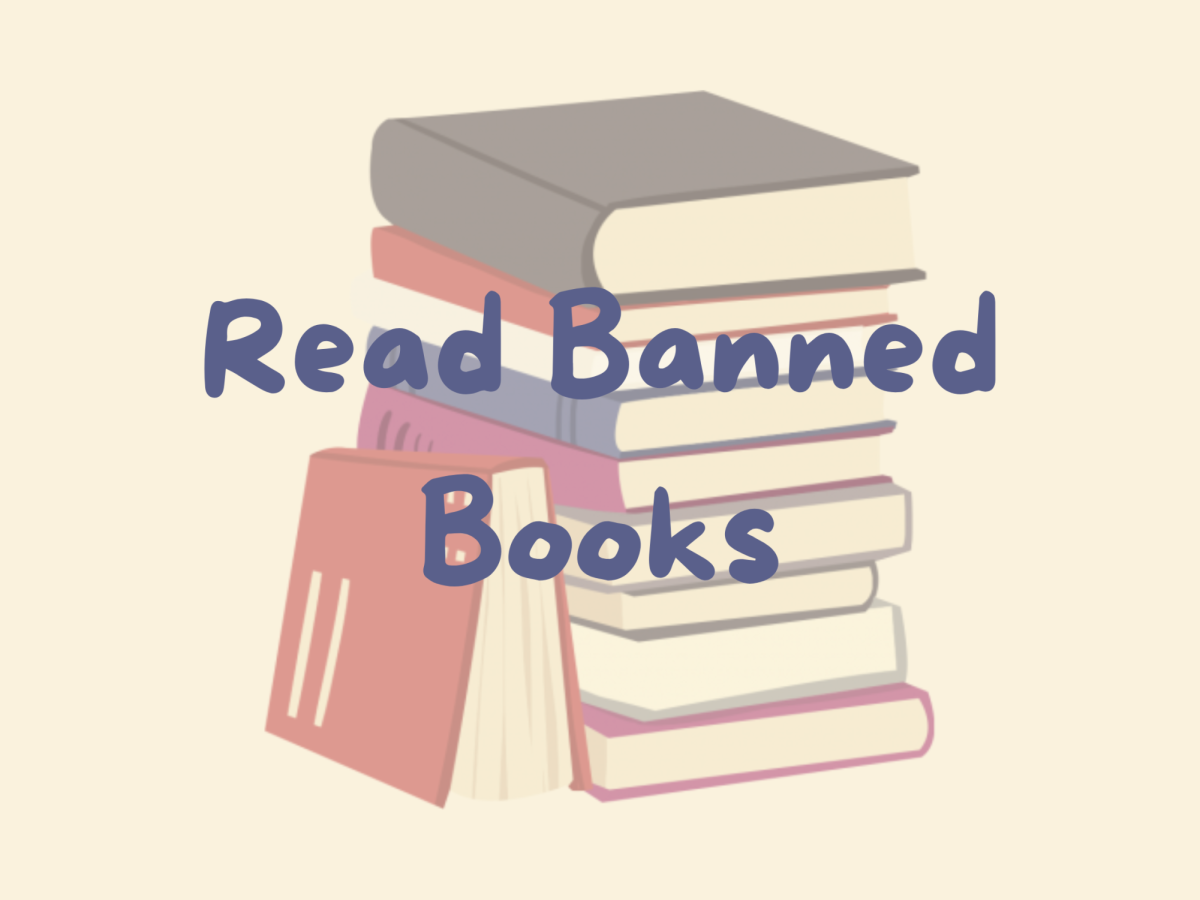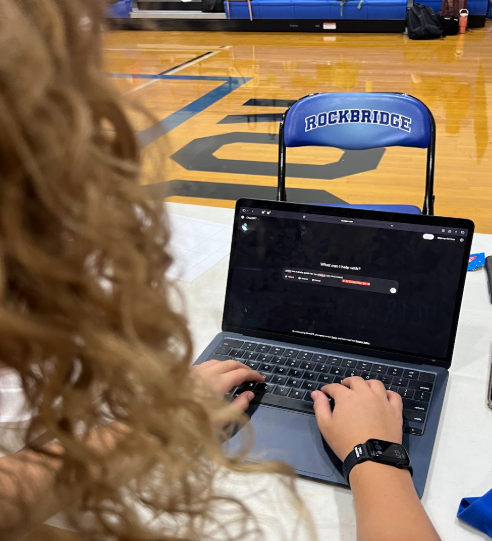On Oct. 3, Lexington City Schools had a school board meeting discussing recently banned books at Lylburn Downing Middle School after a parent wrote a letter asking for a book to be removed from the library. At the board meeting, a new process for banning books was created, where they decided that parents will receive a list of possibly sexually explicit books at the school. The parents can choose to prohibit their children from reading these books and can also request for a book to be reviewed for sexually explicit content. Materials with sexually explicit content will be removed from Lylburn Downing and Harrison Waddell Elementary School’s libraries.
The week of Oct. 1-7 is the American Library Association’s Banned Book Week, which adds to the significance of the board meeting because the issue of banned books is an ongoing problem. According to the American Library Association, there were over 1,200 requests for one or more books to be banned in 2022.
Banned books are books that are removed from people’s access. Libraries, schools, and book stores have the authority to decide that the topics in these books should not be available to readers, and the books are removed.
The most notable of the banned books at LDMS is Kiss Number 8 by Colleen A.F. Venable. According to publisher Macmillan, “Kiss Number 8…is a layered, funny, sharp-edged story of teen sexuality and family secrets.” This book was banned after a parent sent a letter about the mature content of the book, which was said to be too mature for middle-schoolers. However, parents do have a reason to question whether the book should be available to students, as the book was written for people ages 14 and up.
This is not the only book that was banned at LDMS. It’s Perfectly Normal by Robie Harris was also banned.
Banning books is a dangerous activity. It censors important ideas and hurts the careers of authors. It puts people down and shuns people for who they are. It shapes children based on how the community wants them to think and causes people to think that they are not enough. It can even slow children’s growth in learning by stopping them from thinking critically and developing their own ideas.
Parents often want to protect their children from big, controversial ideas. They may worry that learning about ideas will change their child. And adding religion into a book may change the way their child thinks, whether the book is about the religion that the family follows or not.
But these parents fail to recognize what actually happens when their children learn about these topics. Learning about new topics will not magically make a child change who they are. It may make them realize that they are not comfortable in their own body and explain what they are feeling. Learning about new ideas merely opens up the possibilities for a child.
Books should never be banned. They are written for a reason, and removing them from people’s access goes against the freedom of speech.








